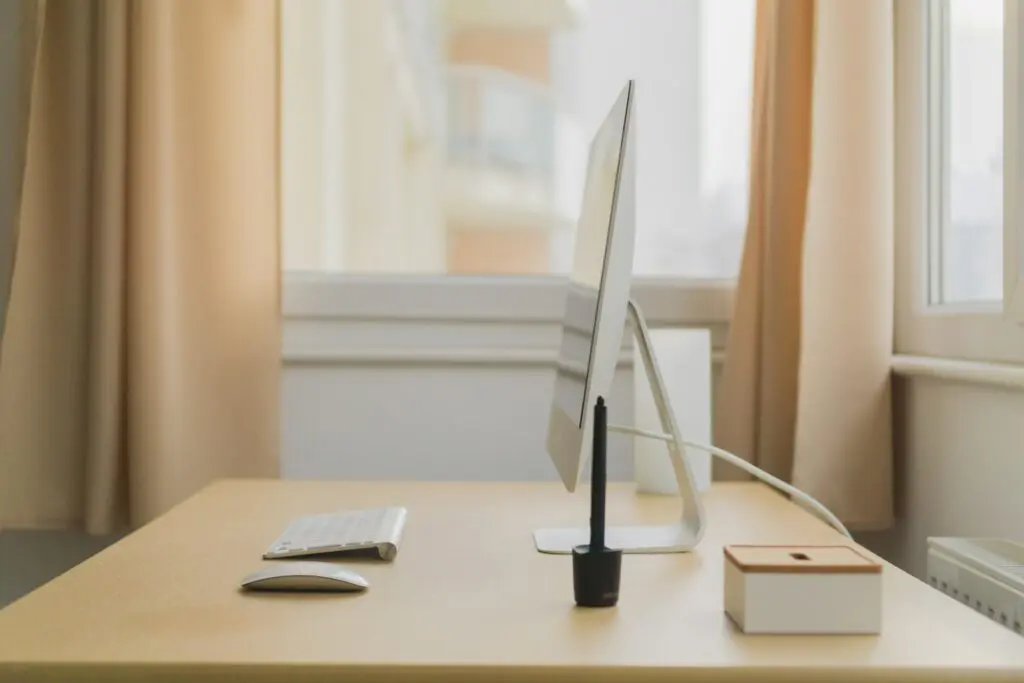
When life feels overwhelming, clutter tends to creep in. It shows up not just on countertops or in overstuffed drawers, but also in our routines, calendars, and even our mental space.
Clearing the chaos doesn’t always mean doing more. Often, it’s about doing less—but smarter. A few thoughtful changes can save you hours, square footage, and that frazzled feeling that follows you through the day.
Simplify Your Daily Systems
If there’s one place where clutter loves to hide, it’s in daily habits. The small, repetitive tasks you do every day—like making breakfast, doing laundry, or tidying up—can either drain your energy or run on autopilot.
Streamlining these routines is the quickest way to reclaim your time. For example, switching from bulky liquid detergent to space-saving Freddie detergent sheets not only frees up cabinet space but also cuts down on mess and guesswork.
It’s a tiny swap that simplifies your laundry process without sacrificing clean clothes.
Rethink Your Storage Habits
Storing things “just in case” can quickly spiral into keeping items you rarely or never use. If you haven’t needed something in the past year, it’s probably safe to let it go—or at least find it a better home.
Use clear bins and label everything. Not only will you avoid buying duplicates of things you already have, but you’ll also save time hunting them down when you actually need them.
Use the One In, One Out Rule
Clutter builds up fastest when items come in without anything going out. Adopting the simple rule of “one in, one out” helps maintain a balance in your space.
Every time you bring home a new item—whether it’s a shirt, a coffee mug, or a kitchen gadget—commit to removing one that no longer serves you. It’s a small habit with big impact.
Batch the Boring Stuff
The more you can batch similar tasks, the less mental friction you’ll face throughout the day. Set aside time for laundry, emails, errands, or cleaning instead of spreading them randomly across the week.
Grouping tasks this way keeps your brain in one mode longer, which means fewer distractions, less decision fatigue, and a clearer mind.
Create a Drop Zone
Designate one spot in your home for daily essentials—keys, wallets, sunglasses, headphones. When everything has a home, you’re less likely to lose it or waste time searching.
Creating a drop zone isn’t about being hyper-organized. It’s about preventing those micro-frustrations that build up and wear you down.
Go Digital Where It Makes Sense
Paper clutter adds up fast, and it’s often totally avoidable. Switch to digital where you can, like with receipts, cloud-based notes, and online bill payments.
Just make sure your digital files are organized too. A cluttered desktop or overflowing inbox can be just as stressful as a messy drawer.
Let the System Do the Work
Efficiency isn’t about working harder—it’s about setting up your life so things flow without constant attention. A well-placed hook, a scheduled reminder, a simplified grocery list—these tiny systems take care of the boring stuff so you don’t have to.
The goal is to think less about the mundane and save your brainpower for things that actually matter to you.
The Space to Breathe
Clearing clutter is never really about the stuff. It’s about how your environment shapes the way you feel, think, and function.
By choosing a few smart, simple strategies, you create room—for your things, your time, and your peace of mind. Life uncluttered isn’t about perfection. It’s about feeling like you can finally exhale.

